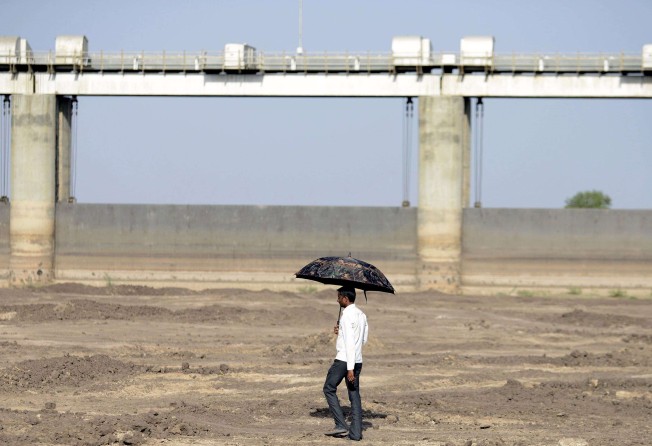The adverse impact of climate change now proved beyond doubt

I refer to the letter by Wyss Yim (“Carbon dioxide has beneficial role on earth”, September 28).
Carbon dioxide obviously has a functional role in nature’s grand scheme of things, but the catch is always to maintain a certain balance in the ecosystem and not to overstretch its limits out of humans’ excessiveness.
Your correspondent’s argument focuses on short-term fluctuations but ignores the broader picture of long-term trends. The climate myth of “Warming stopped/paused since the year 19xx” has been well debunked by the Escalator on the Skeptical Science website (www.skepticalscience.com/graphics.php?g=47) which shows a long-term warming trend despite several short-term cooling periods.
If Mr Yim browses the internet for the vast number of scientific papers, reports and publications on the impact of climate change, he will readily find that the adverse effects on the biosphere and ecology will be very significant and are expected to increase over time.
For example, the Intergovernmental Panel on Climate Change concluded in its fifth assessment report that the negative impacts of climate change on crop yields had been more common than positive impacts. The third National Climate Assessment of the US (http://nca2014.globalchange.
gov/) also said that “ecosystem perturbations driven by climate change have direct human impacts, including reduced water supply and quality, the loss of iconic species and landscapes, distorted rhythms of nature, and the potential for extreme events to overwhelm the regulating services of ecosystems”.
Given all these scientific facts and findings, a sensible conclusion would be to curb greenhouse gas emissions and to take responsible action against climate-change effects, as demonstrated by the commitments of 191 countries in signing the Paris Agreement, and not to head towards the opposite direction in encouraging the craving for carbon dioxide by exaggerating its “benefits”.
Lee Sai-ming, senior scientific officer, Hong Kong Observatory